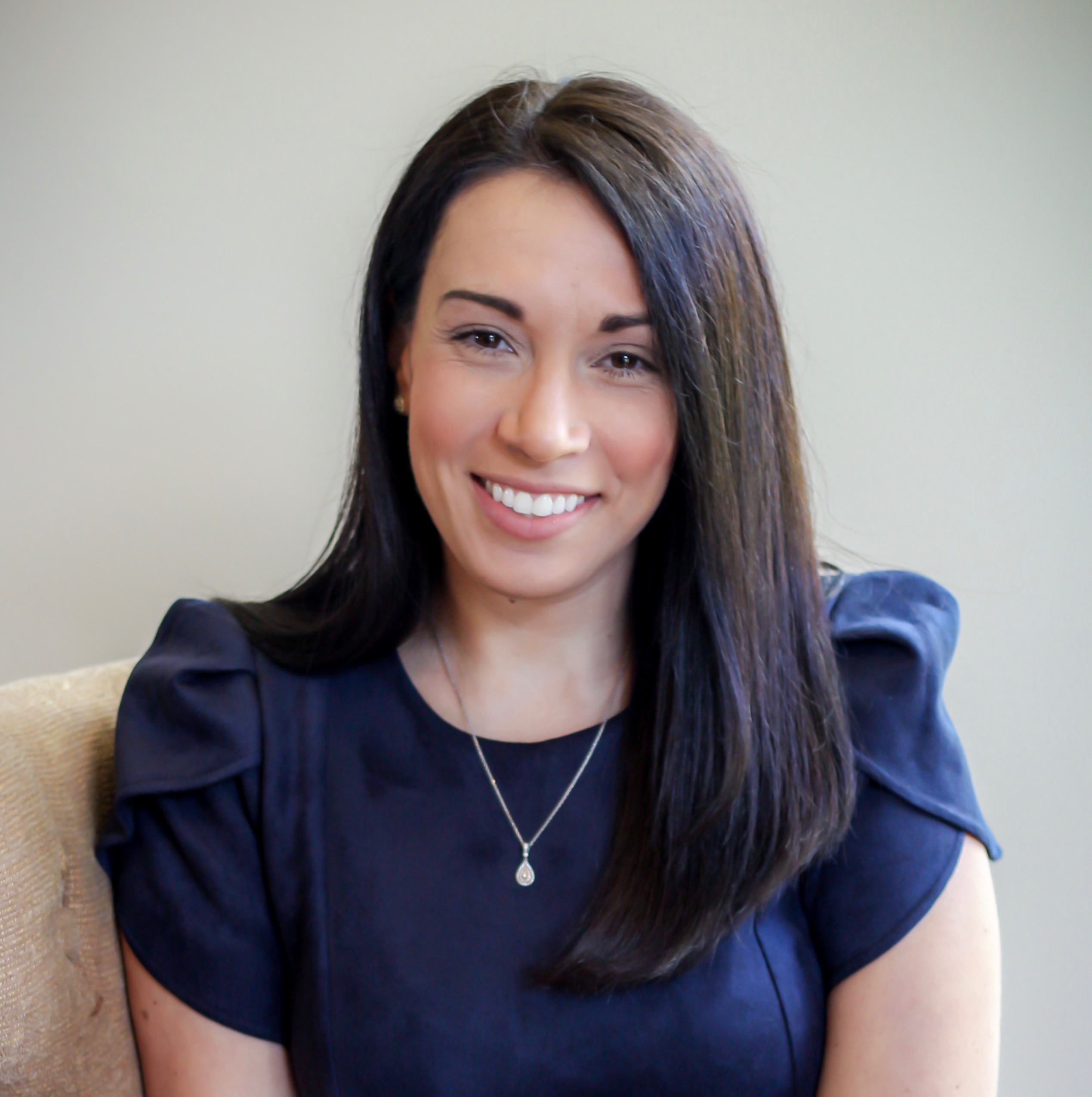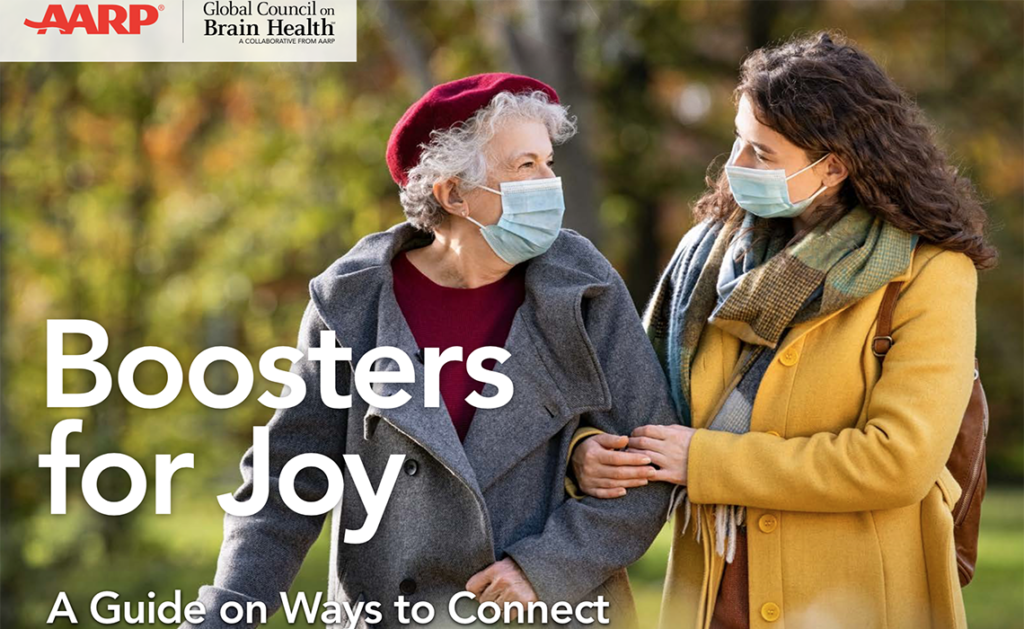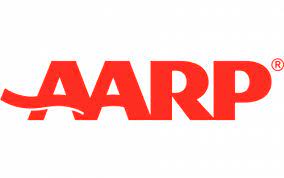AARP and the Global Council on Brain Health (GCBH) have released a new resource guide – Boosters for Joy – to help adults of any age, and particularly older adults, connect safely and enjoyably in the coming months. This new publication offers over 100 resources including useful articles, videos and events, volunteer opportunities, podcasts, music and arts activities, and information to boost social connections during these challenging times no matter where you live. One of these learning and engagement opportunities you choose just might introduce you to someone new or stimulate your neurons!
This guide of resources collected by AARP and friends of the GCBH was developed as much of the country begins to experience colder weather and at a time when the holiday season can amplify feelings of loneliness. Social isolation has been shown to increase dementia risk, as well as harm overall health, particularly among older individuals.
Building on the initial recommendations in GCBH’s COVID-19 report, this resource guide shows there are still many ways to safely connect with other people whether you choose to reach out either virtually or in-person. We encourage you all to take a look, find something of interest, and share these ideas and activities with your friends and family.
Additional resources are available in the right-hand column – continue reading below for a recap of our earlier report on COVID-19 and brain health.
With growing evidence that the coronavirus directly harms the brain and indirectly harms mental well-being due to social isolation and new, increased stressors, the GCBH recognized the urgent need to inform adults age 50+ about ways to their protect brain health as the pandemic continues.
“People know that COVID-19 is a disease that affects the lungs, but they are not as aware that it can affect the brain as well. Even though there is much still to be learned about how COVID-19 affects our thinking, the GCBH wanted everyone to know this is a well-recognized problem, and emphasize that there are ways to address the health of their brain during the pandemic, and to address some of the negative effects of the isolation that many people are experiencing,” explains council chair Dr. Marilyn Albert, professor of neurology and director of the division on cognitive neuroscience at Johns Hopkins University in Baltimore.
The GCBH describes the known neurological symptoms occurring in the short and long term for adults, providing 10 recommendations to protect brain health and urging research in 11 different areas. In addition to the well-known advice to wear masks, wash hands and stay physically distant, older adults should consider getting the vaccine as soon as they can (see AARP’s guide to the vaccine). Maintaining routine medical check-ups and necessary screenings for any ongoing health conditions, such as diabetes and heart disease, is critical for short- and long-term brain health. Staying socially connected – safely and virtually – with family and friends is essential for mental well-being during this difficult time. Regular exercise, a healthy diet, and good sleep is also vital for brain health now and through the long road of healing ahead.
Calling for an all-of-society approach to protect the brain health of everyone, the GCBH draws particular attention to the negative effects of COVID-19 on people living with Alzheimer’s disease and other dementias and to the impact of health care inequalities. The GCBH highlights a recent study in the U.S. which found that people with dementia were twice as likely to catch the virus as those without dementia; African Americans with dementia had nearly three times the risk of COVID-19 as Caucasians with dementia. The GCBH also points out that caregivers for those living with dementia have experienced particular stress and provides resources and guidance. The Council spotlights the disproportionate toll of COVID-19 on the vulnerable, including racial and ethnic minorities and those living in low- to middle-income countries.
Review the full report to check out all the resources on AARP website.
as a resource to support the brain care of all adults.



